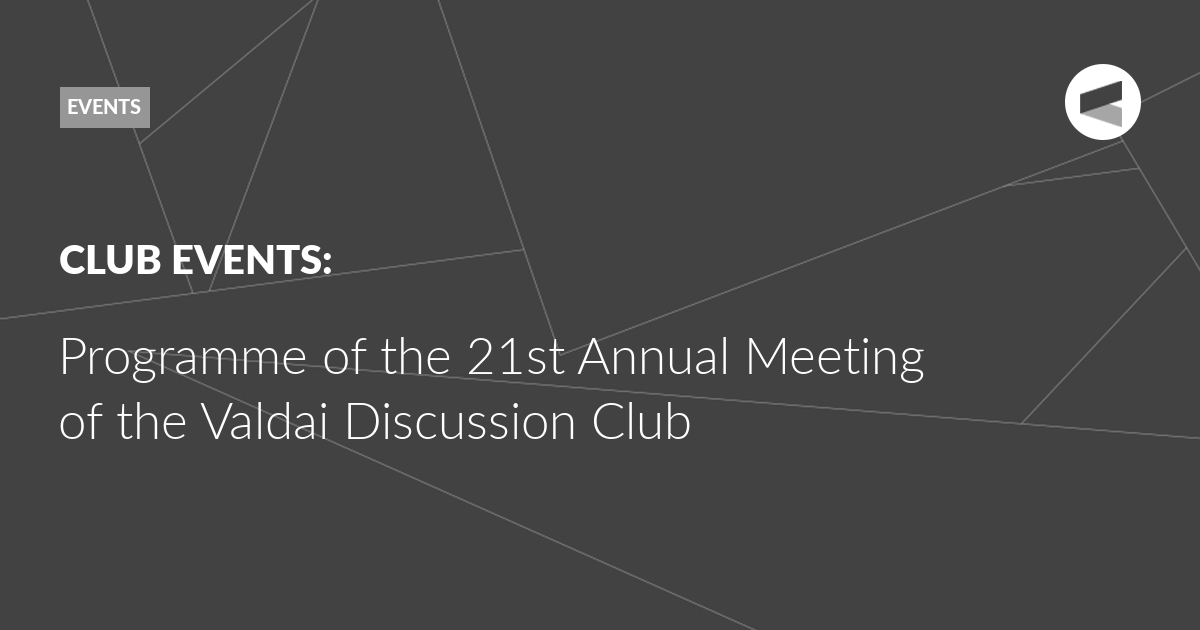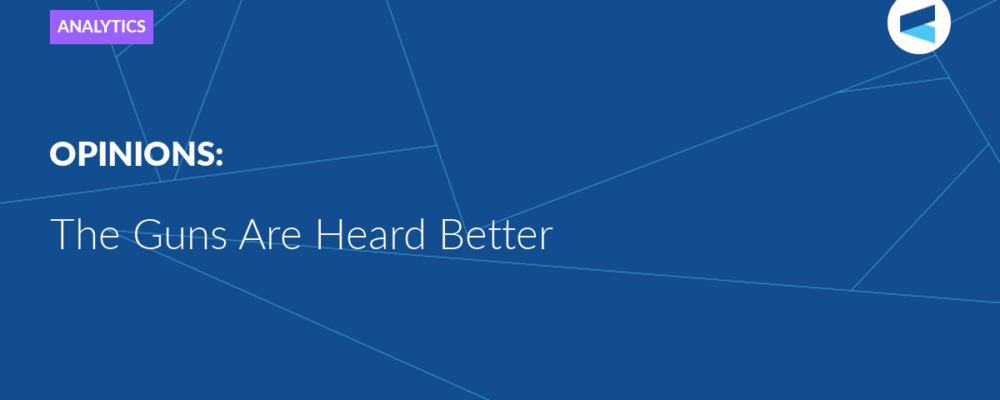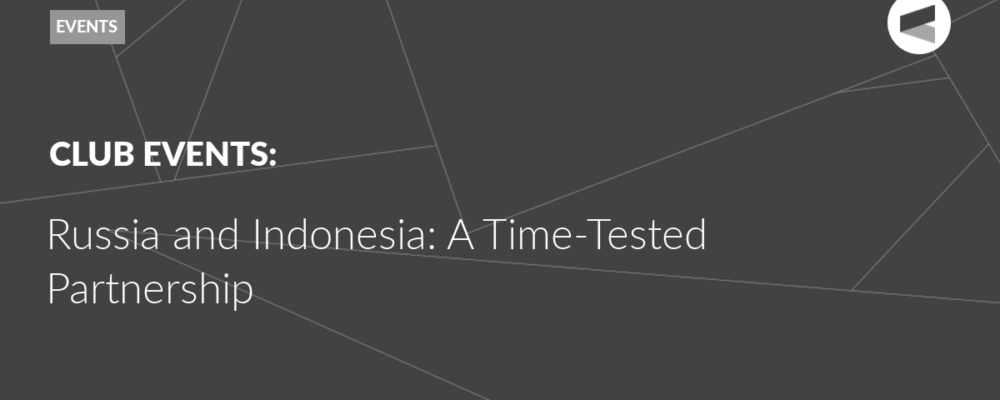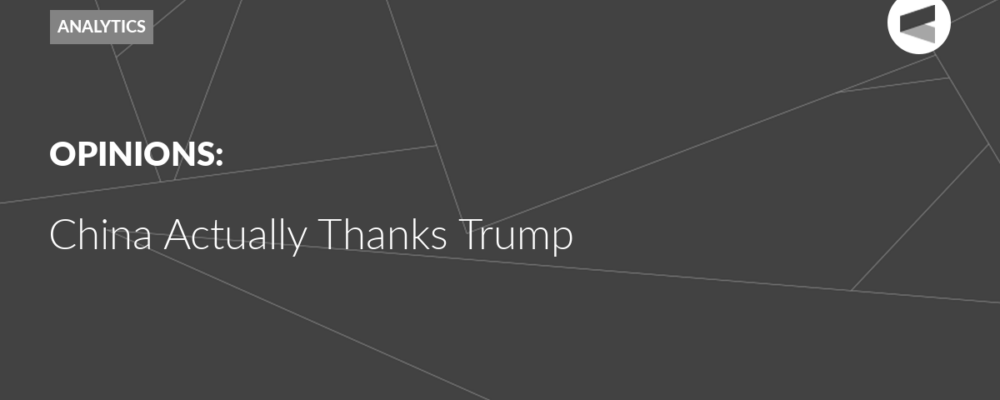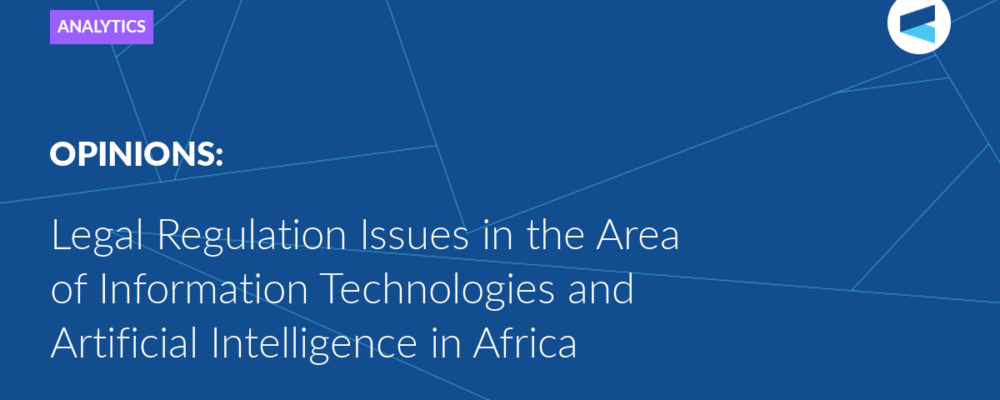The goal of the conference, which will bring together 140 participants from 50 countries, is to offer non-Western ideas for solving global problems, to make it clear that the leading developed countries do not have a monopoly on formulating the goals and methods of development. The discussions will cover all the main global topics, from the environment and inequality to artificial intelligence and methods of conflict resolution.
Programme of the 21st Annual Meeting
of the Valdai Discussion Club
“Lasting Peace on What Basis?
Common Security and Equal Opportunities for Development in the 21st Century”
Sochi, November 4-7, 2024
November 4, Monday
09:25 – 09:30 Opening of the 21st Annual Meeting of the Valdai Discussion Club (LIVE: Russian, English)
09:30 – 11:00 The World From the Bottom Up or The Masterpieces of Eurasian Architecture. Presentation of the Valdai Discussion Club’s Annual Report (LIVE: Russian, English)
11:30 – 13:00 Session 1. Conflict or Agreement? What Will Most Likely Resolve Differences in the Post-Globalization Era? (LIVE: Russian, English)
Institutions and principles that were inherent in the international system during the second half of last century and the beginning of this century have been unable to fulfil their regulatory functions. Changes on the global stage have exacerbated divisions, as one would expect with such large-scale changes. Could conflict represent a painful but constructive way to achieve a new equilibrium? Or, are the costs of conflict so high in today’s interconnected world that agreement is the only path to an acceptable outcome? How can we achieve these agreements?
14:00 – 15:30 Session 2. Eurasian Security: New Principles, New Opportunities
The classics of geopolitics have paid special attention to Eurasia, as the state of this vast continent determines global processes. Today, Eurasia is not only the focus of the most significant international developments in politics and economics, but also the platform for the emergence of a new type of interaction. While this system is still taking shape, the future Eurasian comprehensive security system has the potential to demonstrate to the world novel principles that function in changed circumstances.
16:00 – 17:30 Session 3. Understanding Civilization in the 21st Century? Symphony Instead of Collision
The concept of “civilization” has been known for a long time, but it has been interpreted in different, sometimes diametrically opposed, ways. Some have understood “civilization” as the level of cultural and political advancement achieved in the Western world, which should serve as a model for others. This has led to conflicts, ranging from socio-cultural to geopolitical disputes. Another interpretation is that “civilization” is a unique set of principles for organizing social and political existence within each cultural and historical context. This is not an easy path, but it may lay the groundwork for a qualitatively different international engagement. There are more and more signs that this approach holds promise for the future.
19:00 – 20:30 Session 4. A Formula of War and an Equation of Peace. A Fair Solution to the Ukrainian Crisis Amid the General Changes
The Ukrainian conflict is the quintessence of contradictions and imbalances that have built up in international politics since the end of the Cold War. Its historical and cultural roots go back to the past, intertwining with modern geopolitical competition, which, in turn, stems from the drastic changes that make it impossible to solve crises using the old methods. The path to peace lies through the development of new common foundations for coexistence and cooperation.
November 5, Tuesday
09:30 – 11:00 Session 5. Is There a World Majority? What Unites Countries Outside the “Collective West” (LIVE: Russian, English)
A new term, “world majority”, has been actively introduced into the Russian political vocabulary. The term refers to countries and peoples which are not part of binding alliances with the United States and Western nations, and which form the foundations of the polycentric world order of the coming decades. What unites this diverse community? Is it capable of proposing new principles for addressing the major challenges facing humanity? Does it require consolidation?
11:30 – 13:00 Meeting with Sergey Lavrov, Minister of Foreign Affairs of the Russian Federation
14:00 – 15:30 Session 6. Fire in the Middle East and Prospects for World Peace
The Middle East is going through one of the darkest and most dramatic periods in decades. All the political and diplomatic structures that were built since the end of the last century have crumbled, and the right of force has prevailed definitively. While outside actors are left frustrated, regional forces are behaving as they see fit and possible at the moment. What remains of the plans for a settlement and reorganization in the region? Is this even feasible in principle? And how does all this impact the international situation overall?
16:00 – 17:30 Session 7. Society of Equal Opportunities. What Does This Mean in the 21st Century?
The breeding ground for any conflict, both at the national and global levels, is the perception of inequality, when some are seen to be in a privileged position relative to others. There are more and more levels of inequality – from economic opportunities and technological development to natural conditions and the monopoly on financial resources. Without new approaches, a harmonious structure of the world is impossible. And they must combine moving away from current imbalances and creating new mechanisms for democratic global regulation.
19:00 – 20:30 Session 8. Artificial Intelligence – A Revolution or a Fashion Trend?
The modern world would be unthinkable without artificial intelligence – or at least the discussion around it creates this impression. The technological, social, and economic revolution brought about by AI is fundamentally transforming our lives. Or does it? How can we separate the enthusiasm for new opportunities and high expectations from a sober evaluation of the impact of this technology, both its positive and negative effects, on society and politics?
November 6, Wednesday
09:30 – 11:00 Session 9. Habitat: Shared by Everyone, Each Uniquely (LIVE: Russian, English)
The conditions of human life are undergoing significant changes. Natural disasters, the uneven distribution of resources, and fluctuations in the climate present challenges to the development of nations and people. While everyone’s focus has long been on the issue of environmental degradation, effective solutions have yet to be found. International initiatives, which have been underway since the late 20th century, have had, at best, limited impact. We require new ideas that take into account the needs of not only advanced, but also emerging economies, and that are free from the preconceptions that have arisen in this field.
11:30 – 13:00 Meeting with Alexander Novak, Deputy Prime Minister of the Russian Federation
14:00 – 15:30 Meeting with Maxim Oreshkin, Deputy Chief of Staff of the Presidential Executive Office
16:00 – 17:30 Session 10. Transparency. Surveillance. Manipulation. The Role of Information in the Era of Global Shifts
Information technology has the potential to bring both utopian and dystopian visions to life simultaneously. Never before have we had such open and accessible access to information, nor have people and governments known so much about each other. This presents unprecedented opportunities for both creation and destruction. We see the emergence of a new reality of managing not only people’s lives, but also people’s thoughts. Is humanity capable of preventing information from being used as a weapon of mass destruction, and instead, using the opportunities that arise for good?
19:00 – 20:30 Special session. US Elections: What Can the World Expect From America? Discussion of the preliminary results of the US presidential election
November 7, Thursday
09:30 – 11:00 Open Discussion – The Valdai Conference Results (LIVE: Russian, English)
Plenary Session. Security for Each and Everyone. Together Into a New World (LIVE: Russian, English)
The Valdai Discussion Club was established in 2004. It is named after Lake Valdai, which is located close to Veliky Novgorod, where the Club’s first meeting took place.
Please visit the firm link to site


